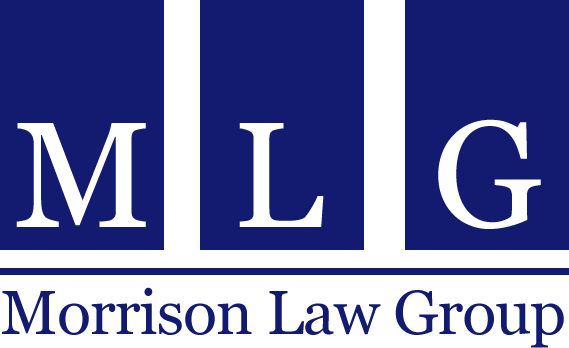A judgment is a court order that gives a creditor, like a credit card company, the right to use certain legal debt collection tools to collect a debt. A judgment related to debt can lead to wage garnishments, bank levies, and seizures of property. A wage garnishment will take money from your paycheck. A bank levy will take money from your bank account.
None of us want a judgment entered against us in court. Once any creditor obtains a judgment against you, as a judgment-creditor, it can utilize various debt collection tools to collect its debt. One such tool is garnishment. An order for garnishment directs your employer’s payroll department to withhold a certain amount of wages from your paycheck.
The amount of money that may be garnished from your wages is not unlimited. Federal law limits this amount even if a debt collector is technically a judgment-creditor, i.e., possess a judgment. The law limits the amount of money that may be garnished from any person’s wages. This amount cannot be more than 25% of your take-home pay or the amount that your income exceeds 30 times the minimum federal wage, whichever is less.
Credit card companies, healthcare providers, collection agencies, and any other creditors will go to various measures to collect a debt. Eventually, some party in the chain of transfer, whether the debt has been sold or the collector is the original creditor or acting as an agent, will file a lawsuit to collect the debt. If you do not respond to this lawsuit, the creditor will be awarded a judgment. With a judgment, a creditor, now a judgment creditor, will look to garnishment as the easiest, most effective way of collecting its debt.
Although the amount of money that may be garnished is limited by federal law, this amount, depending on the circumstances of the recipient, reduces disposable income, which may cause financial hardship. This reduction of income can inhibit a person’s capacity to pay other debts as they come due, thus worsening any hardship.
The federal government can garnish wages for unpaid back taxes or unpaid student loans. State support agencies may garnish wages for unpaid alimony child support. The significant difference is that neither of these government entities requires a garnishment order to remove money from your paycheck or bank account.
Filing bankruptcy while a garnishment is occurring may make available other money to pay other debts. It may also improve money management and financial planning since filers have more control over decisions related to how they will spend their hard-earned money.
If garnishment is making it nearly impossible to pay your other debts, it may be time to consider bankruptcy. The Morrison Law Group can assist you as we have helped thousands of Utah residents, including those burdened by wage garnishment, to get a fresh start. Despite changes caused by the pandemic, there is no reason for any Utah resident who needs a fresh start to delay filing bankruptcy in 2021.
The Morrison Law Group’s website contains everything you need to help anyone file a Chapter 7 or Chapter 13 bankruptcy case. The Morrison Law Group is open from 8:00 a.m. to 5:00 p.m. Monday through Friday. Our attorneys and staff are standing by and ready to help any Utah resident file a bankruptcy case from the comfort and safety of their home. Each of our locations in Ogden, Logan, Sandy, Orem, and St. George are set up so you can do everything from home. Call 801.456.9933 today to schedule a free consultation. We are Utah’s only statewide bankruptcy law firm and serve the residents of the counties of Weber, Cache, Salt Lake, Utah, Morgan, Davis, Washington, and surrounding areas.


